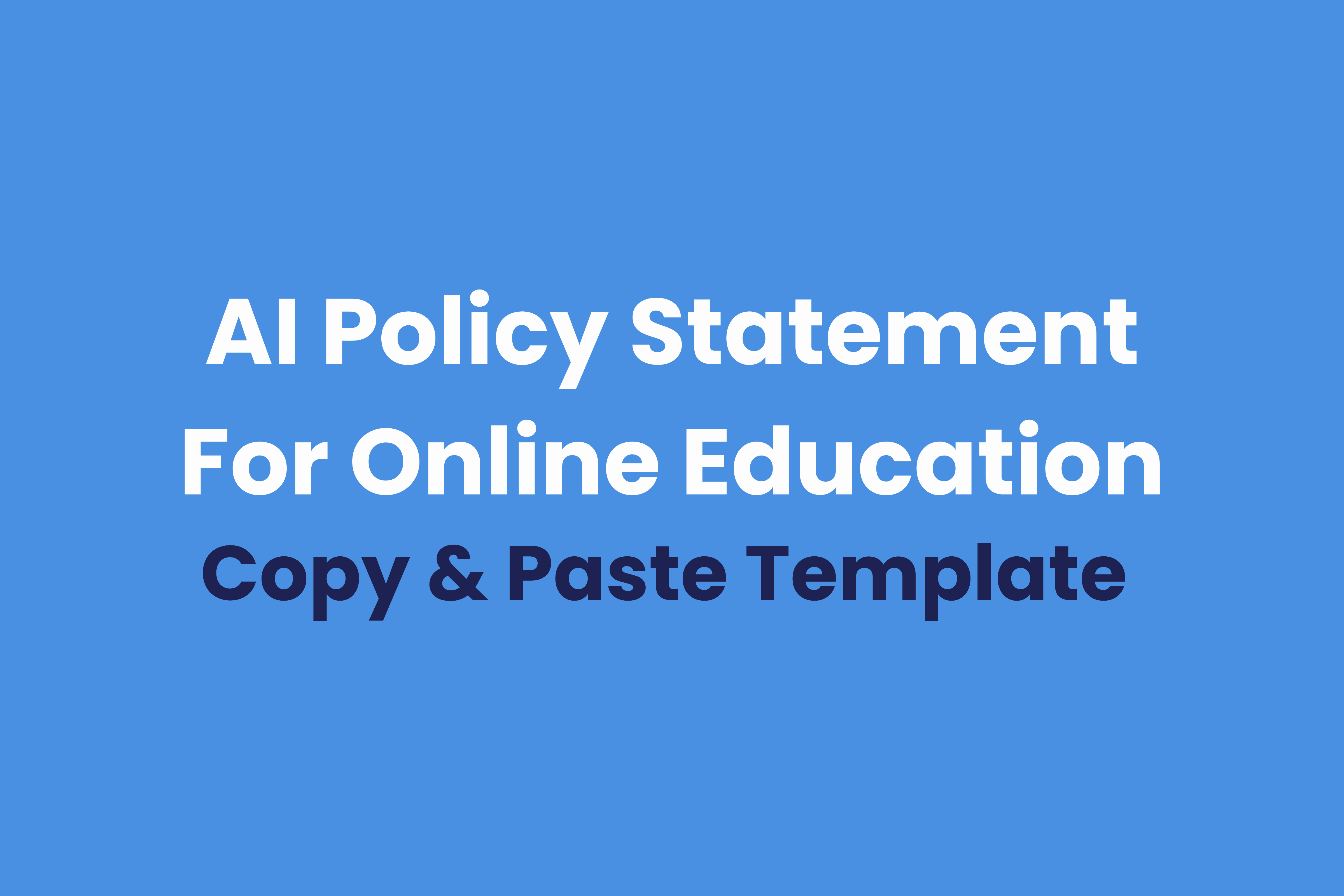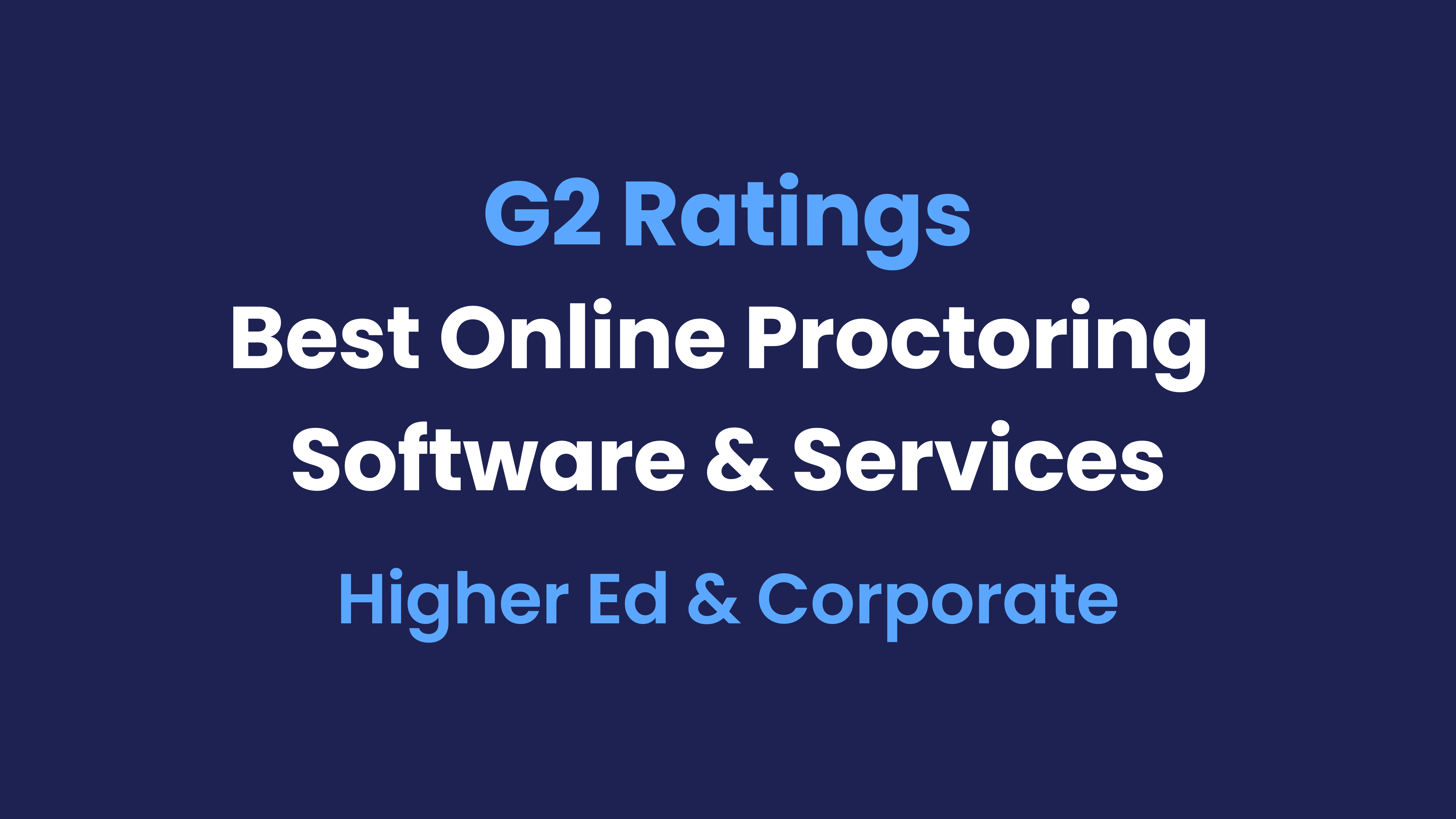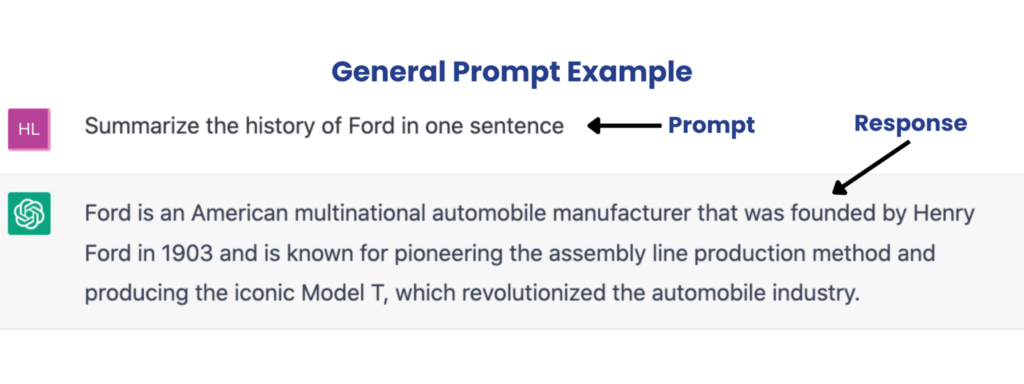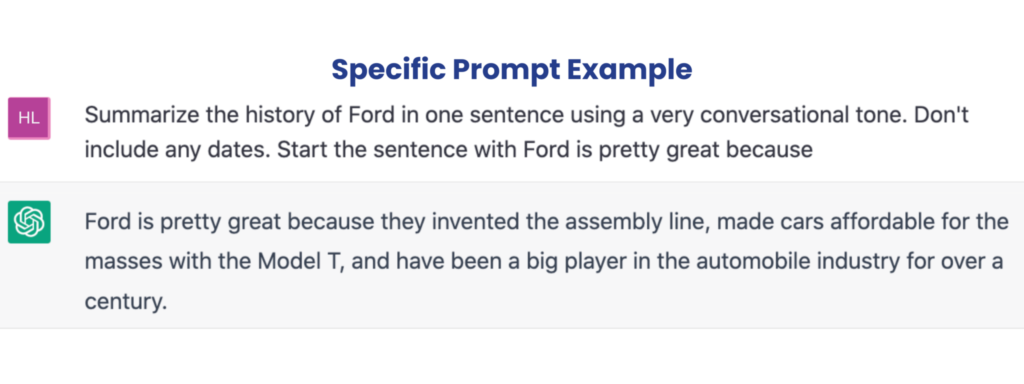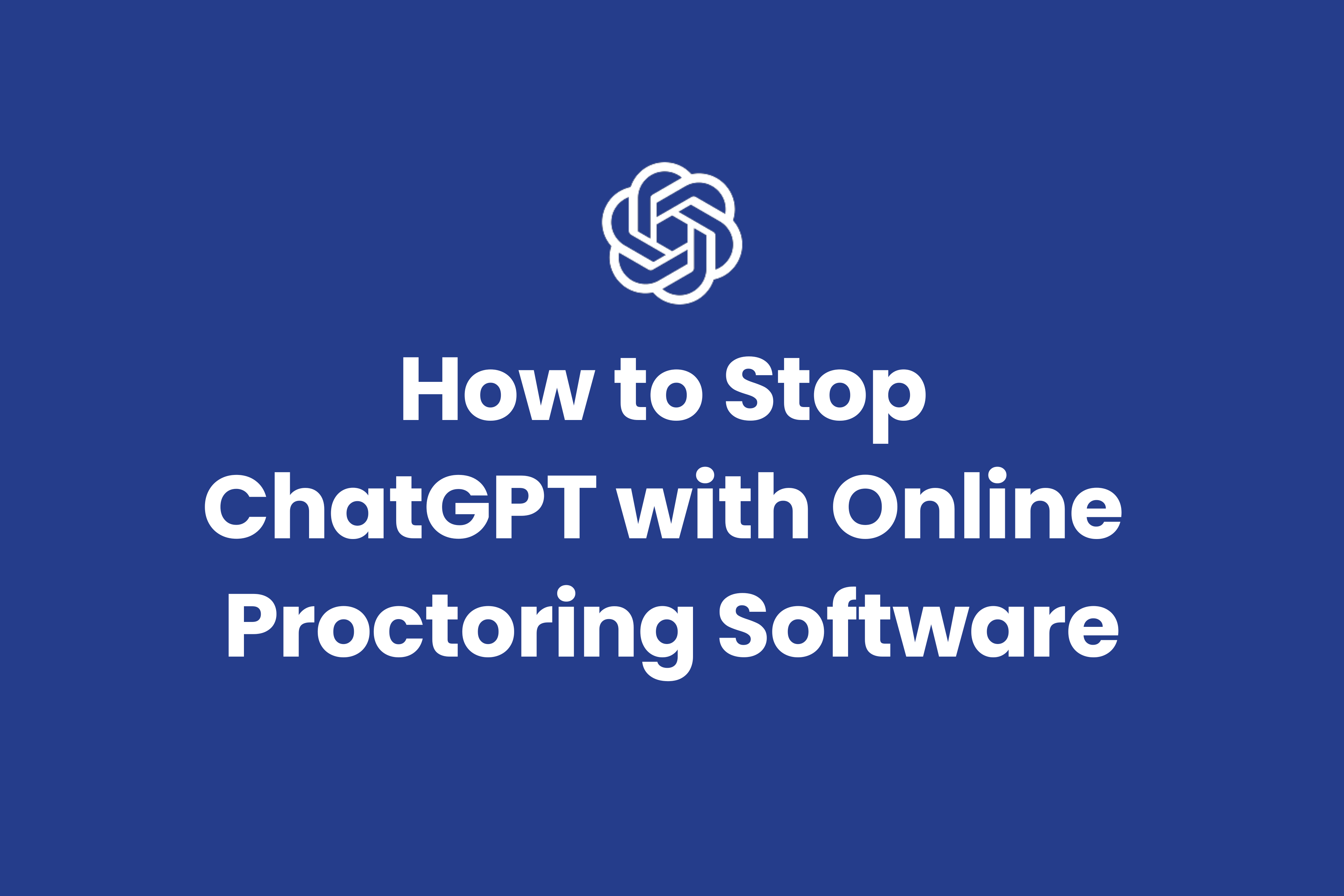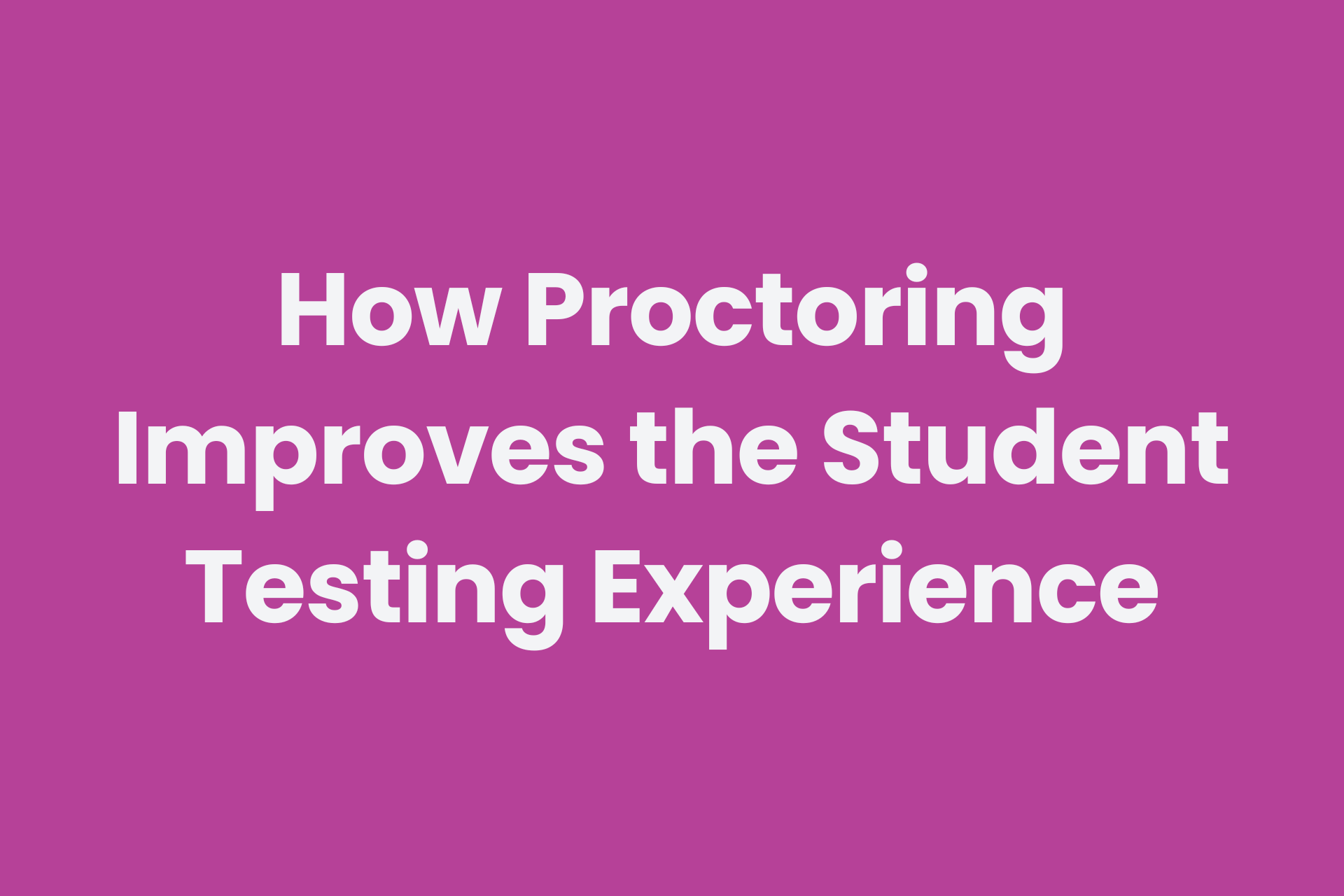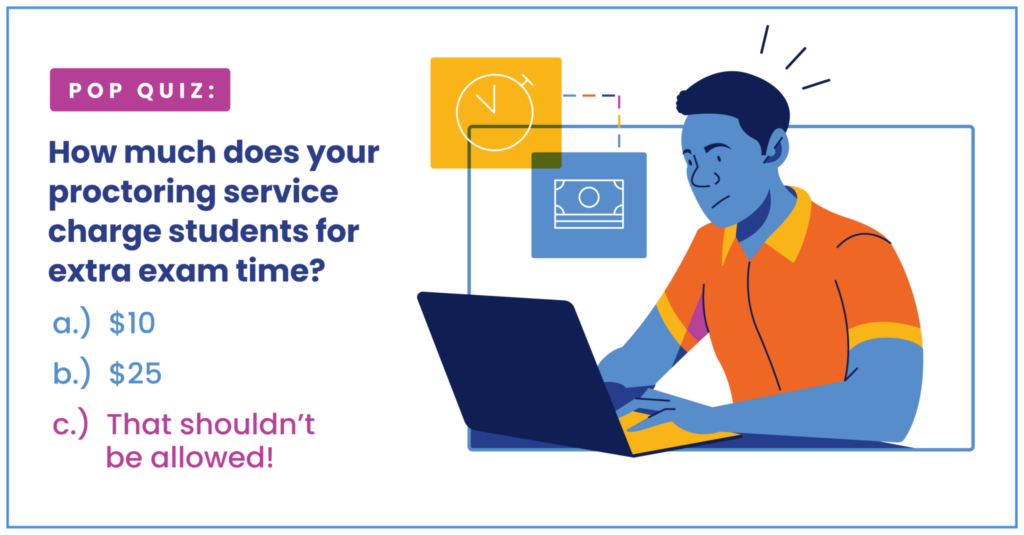9 unexpected features & benefits of online proctoring software
Click below to skip to any sections
1. Blocks AI tools like ChatGPT
ChatGPT and other similar AI tools can answer test questions and write in-depth responses in a matter of seconds. And it’s even more concerning that tools for AI detection and plagiarism can’t really detect AI-generated content.
But with remote proctoring software, you can prevent these tools from being used during online exams. But you’ll need a lot more than browser lockdown software because a test taker can just use their cell phone to beat it.
Cell phone detection: detects when test takers try to look up answers on their cell phones as well as device-sharing applications.
Extension Detection Technology: browser extensions, like Transcript, can make it easy to cheat by automatically answering test questions. They’re easily accessible and very common, but with extension detection technology, you’ll know when test takers attempt to use them.
Smart Voice Detection: listens for keywords and phrases like “Hey Siri,” which could be used in addition to voice dictation to operate ChatGPT on another device.
Video monitoring: the webcam monitors and records behavior and checks the room for cell phones, notes, and even other people.
2. Proctors hands-on alternative assessments that create real-world situations
Traditional questions, like multiple choice, are staples in assessments, but it’s just as important to assess knowledge with alternative assessments that recreate real-world situations, sometimes referred to as authentic assessments.

“If they aren’t going through those kinds of things, they may not be prepared for the next level or applying it in a real situation,” Paul Fisher, Associate CIO & Director of the TLT Center at Seton Hall University.
But the issue is that most online proctoring platforms have rigid settings that limit the types of questions that can be proctored.
- Virtual demonstrations and presentations
- Using software to complete real tasks
- Handwritten math problems and essays
Fisher gave examples of how Seton Hall uses online proctoring for alternative assessments: “The accounting programs use Honorlock to proctor tests where they’re using software to fix balance sheets and other similar documents, while other programs use it for short answer and essay questions.”
3. Detects cell phones and browser extensions
With that in mind, it’s easy to see why online proctoring software with cell phone detection is so important to protecting exam integrity. This software can detect device-sharing applications, like Apple Handoff, and when test takers try to look up answers on their cell phones.
4. Finds leaked test content on the internet
Unfortunately, it’s pretty common for instructors to find leaked test content on sites like Chegg and Quizlet. That’s why you need Search and Destroy™ technology, which automatically searches the internet for your leaked test content and gives you the ability to send one-click takedown requests.
5. Reduces testing costs
Physical testing centers’ overhead costs, such as utilities and maintenance, staff wages, and hardware and software, can be expensive. Online proctoring can help save money by reducing (or even eliminating) the need for physical testing centers.
6. Gives more time to teach instead of administer tests
“The time savings reaped by faculty is an estimated 8.5 hours per semester, per course… That’s nearly three weeks worth of class time returned to the faculty member.” Brian Marchman, Assistant Provost & Director of Distance Learning & Continuing Education, University of Florida
How much more value could you give to learners if you had those hours back? Honorlock’s on-demand remote proctoring can give you those hours back because tests can be taken outside of class hours and live support is available 24/7/365.
7. Increases access & improves accessibility
- Do your testing locations have the right resources and support to meet all test takers’ needs?
- Do they meet accessibility compliance standards?
- What happens if a test taker’s schedule doesn’t work with the testing location’s hours?
- What if they can’t afford to travel there?
Honorlock’s proctoring software is compliant with web accessibility standards and allows instructors to provide accommodations, like taking a proctored assessment without a webcam. And if a test taker has slow internet speed, our software has failsafes in place that work when internet speeds drop below streaming video thresholds. And with Honorlock’s 24/7 proctoring and live support, test takers with busy schedules can take proctored tests at a time and place that works for them.

“Honorlock helps us get to the core of our mission here at Warrington: being able to offer an MBA to just about anybody. Having a proctoring service focused on diversity, equity, and inclusion made choosing Honorlock an easy fit for us.” – Naz Erenguc, University of Florida, Director of Admissions at the Warrington College of Business
8. Helps reduce test anxiety
But in a student survey, 100% of students who interacted with a live remote proctor from Honorlock indicated that it reduced their test anxiety.
Honorlock’s combination of AI with human proctors means test takers won’t be watched constantly during tests. Our AI monitors behavior and alerts a live proctor to review the situation if it detects any issues to determine whether to intervene or not. This way, test takers won’t be interrupted unless it’s necessary. Honorlock’s full-time remote proctoring team received training by a nationally certified counselor and educator to better support test takers during moments of assessment frustration and anxiety.
9. Detects voices, not sounds
Dog barking – flag to review.
Coughing – flag to review.
Tapping pencil – flag to review.
As mentioned earlier, Honorlock’s Smart Voice Detection listens for keywords and phrases, like “OK Google” and “Hey Siri,” so you’ll only have to review what’s important.
- For example, "OK Google” is a phrase that it listens for.
- But they could say this to themselves: “OK Google was founded in 1998…”
This phrase would trigger Honorlock’s Smart Voice Detection, but it would also notify a live proctor to review the situation, where they would see that cheating didn’t occur, so there’s no need to intervene.
Honorlock’s online proctoring software is different by design
Our approach to proctoring is different because we know that it’s more than just catching cheating.
Honorlock’s flexible platform positively reshapes the way tests are administered by improving the entire assessment experience, ensuring equity and access, and effectively protecting academic integrity.
For institutions looking ahead, investing in Honorlock’s proctoring services and software is a step towards a smarter future with more opportunities to improve education.


